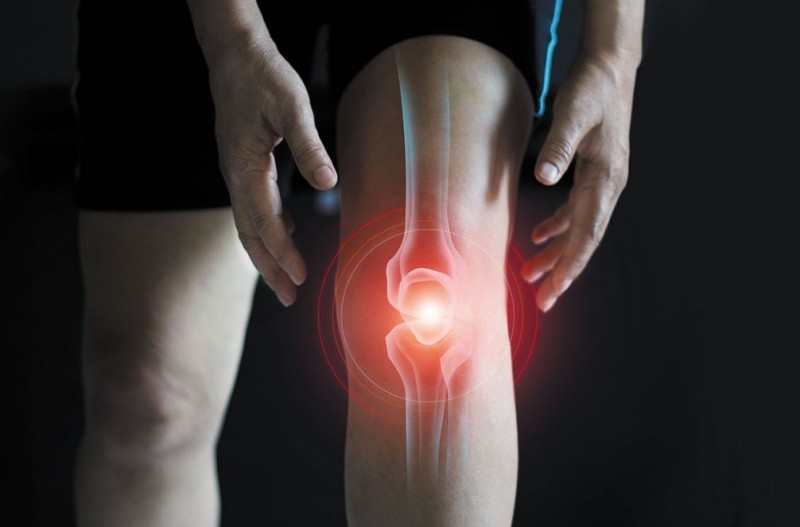
In India, many individuals adopt diets that increase the risk of obesity, high cholesterol, high blood pressure, and heart diseases. While health experts often recommend a balanced diet and regular exercise, misinformation surrounding workouts can lead individuals to make repeated mistakes. Let's explore some exercise myths prevalent in India and understand why it's crucial to dispel them.
1. Walking Alone is Sufficient for Fitness:
Myth: Relying solely on walking for a healthy lifestyle, especially with age, can lead to muscle problems after 30.
Truth: Incorporating strength training is crucial for overall health. We'll discuss the importance of strength training, suitable exercises, and how it positively impacts muscle health.
2. Excessive Running Harms the Knees:
Myth: Running excessively can negatively impact the knees.
Truth: While running is beneficial, it's essential to avoid excessive speed or carelessness. We'll explore the relationship between running and knee health, offering tips for a safe running routine.
3. Stretching is Mandatory Before Exercise:
Myth: Daily stretching is necessary for those who work out regularly.
Truth: While daily stretching is not mandatory, we'll discuss the benefits of incorporating flexibility exercises into a routine and when it is most effective.
4. Heavy Weights are Essential for Muscle Building:
Myth: Only lifting heavy weights contributes to muscle building.
Truth: Light weights with more repetitions can stimulate muscle growth. We'll delve into different weight training approaches, their benefits, and how to personalize a strength training regimen.
5. Ice Baths Accelerate Recovery:
Myth: Regularly taking ice baths aids in muscle recovery.
Truth: Frequent ice baths might interrupt the muscle repair process. We'll explore alternative recovery methods, emphasizing the importance of tailored recovery techniques post-exercise.
In-Depth Exploration of Each Point:
1. Walking Alone is Sufficient for Fitness:
We'll discuss the benefits of walking, such as cardiovascular health, but highlight its limitations in muscle development.
Explore the importance of incorporating strength training to maintain muscle mass, bone density, and overall functional fitness.
Provide examples of strength training exercises suitable for different age groups and fitness levels.
2. Excessive Running Harms the Knees:
Discuss the positive impacts of running on cardiovascular health and mental well-being.
Address concerns related to knee health, emphasizing the importance of proper footwear, running techniques, and gradual progression.
Provide tips for a balanced running routine that minimizes the risk of knee injuries.
3. Stretching is Mandatory Before Exercise:
Examine the role of stretching in preventing injuries and improving flexibility.
Clarify that daily stretching may not be necessary for everyone, but incorporating dynamic stretches before workouts can be beneficial.
Offer a range of stretching exercises suitable for different activities and fitness levels.
4. Heavy Weights are Essential for Muscle Building:
Explain the concept of progressive overload in muscle building and how it can be achieved with both heavy and light weights.
Discuss the benefits of higher repetitions with lighter weights for muscle endurance.
Provide a sample workout routine that combines both heavy and light weight training for a balanced approach.
5. Ice Baths Accelerate Recovery:
Explore the science behind muscle recovery and the role of ice baths.
Highlight potential drawbacks of frequent ice baths, such as inhibiting natural inflammation response.
Introduce alternative recovery methods, such as steam baths, proper nutrition, and adequate sleep.
By dispelling these exercise myths and understanding the science behind them, individuals can make informed decisions about their fitness routines. A balanced approach to exercise, incorporating various forms of training, is crucial for overall health and well-being.
Acidity is also a warning sign of heart attack, know when you should be careful
How to Add Magnesium to Your Lifestyle: Know Its Vital Health Benefits